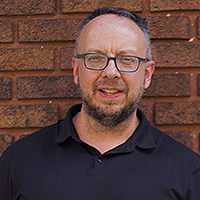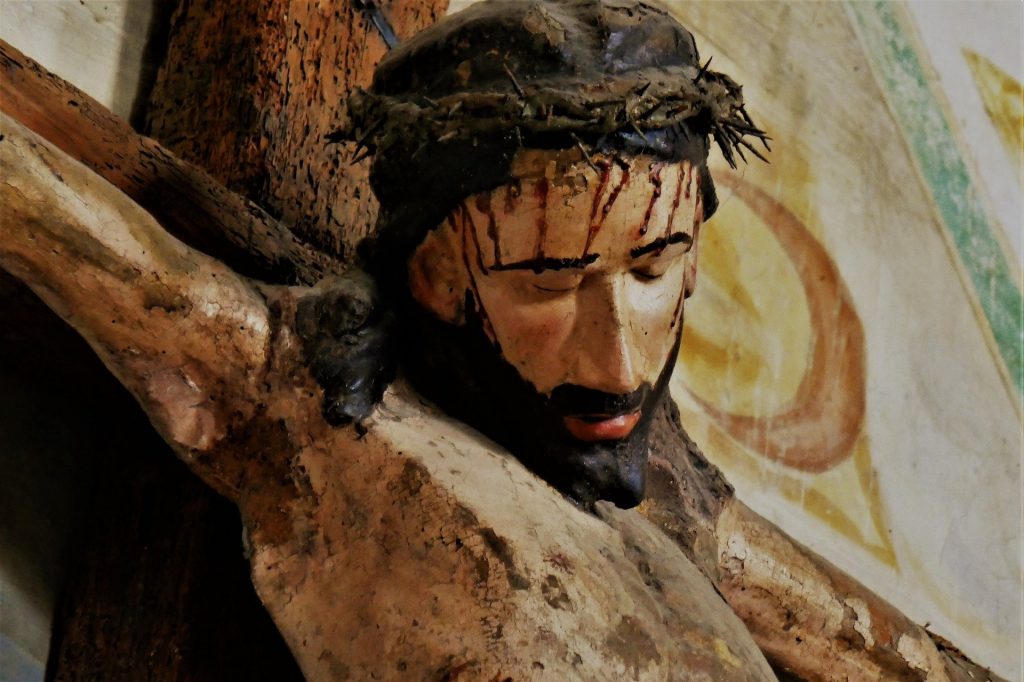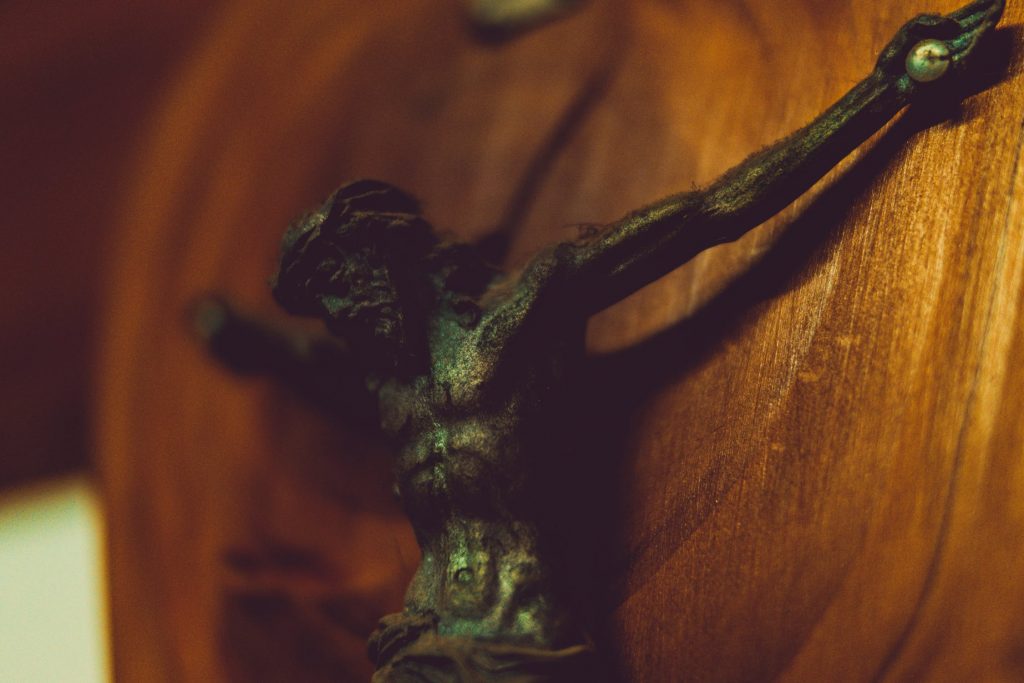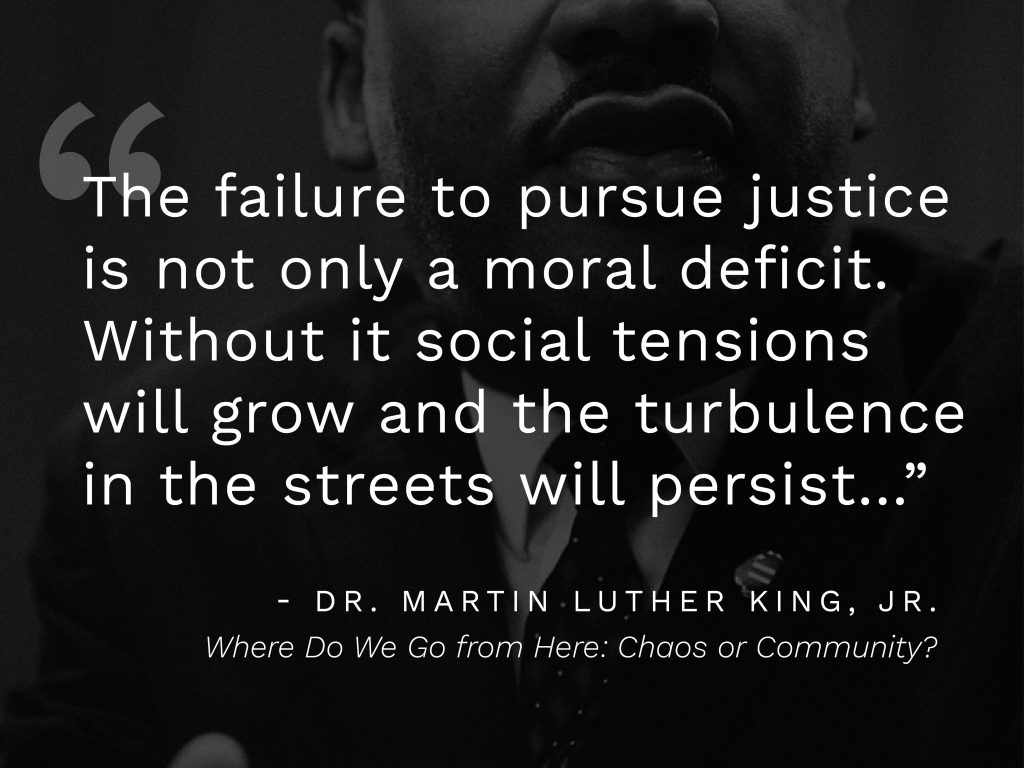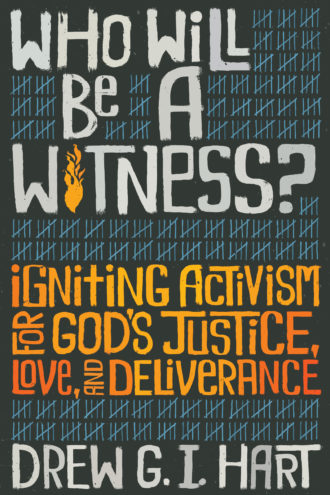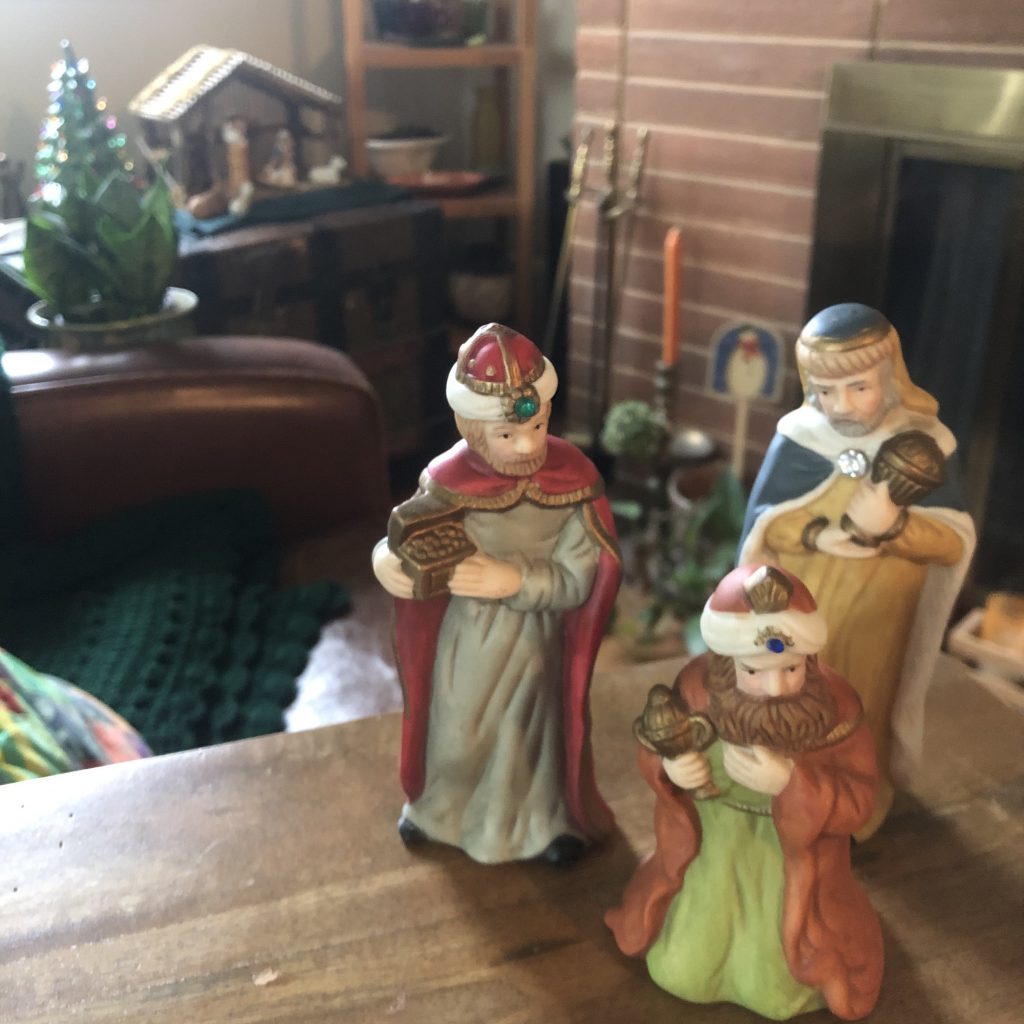by Stephen Kriss

The first person who invited me to sit down next to her bed at Nazareth Hospital in Philadelphia during my unit of Clinical Pastoral Education this summer did so on a Friday during a tornado warning. The woman was Jewish, from Odessa, Ukraine.
She told me that, before the Berlin Wall fell, her Jewish community had been afraid to outwardly practice their faith under the Soviet regime. Toward sundown that day, I brought her a battery-operated candle for Shabbat.
Not long after, a Muslim man in his 30s invited me to pray with him as he lay waiting in the Emergency Room. He followed my English prayer with a prayer in Arabic as he held the painful spot on his abdomen.
I bring these tender, holy moments into my response to the rising tensions in the Holy Land over the last weeks. A primary question I worked on this summer was “How do I provide spiritual care to Jewish and Muslim patients?”
My friend David Landis recently shared a saying on Facebook: If you visit the Holy Land for a week, you write a book; if you visit for a month, you write an article; if you live there for a year or more, you find you can’t write anything at all—you are at a loss for words.
David grew up in Franconia Conference communities and, over a decade ago, helped to establish the Jesus Trail in Galilee. He partnered there with Maoz Inon, a man whose parents were killed last Saturday (October 7) at their home just outside of Gaza. In an interview, Maoz shared that he weeps, not just at the loss of his parents, but at the war that is unfolding in his homeland.
We have been slow to develop any formal statements from Mosaic to respond to the increasing violence in Israel/Palestine. Quick reactions can result in perpetuating stereotypes and projecting our own biases and trauma onto others. At the same time, I hope to move us beyond “thoughts and prayers” and “I stand with Israel” or “I stand with Palestinians.” What is a response that allows us to extend love and is rooted in Christ’s peace?
This latest episode in Israel/Palestine is horrific in its scope and builds upon generations of injustice and trauma. It is not an isolated event. It is fueled by both antisemitism and Islamophobia, by colonialism, and by varied theological perspectives that seek to justify a series of systems and behaviors that can seem incomprehensible.
Mennonite presence in Israel/Palestine has often worked to understand and amplify the perspectives of Palestinians. Because they are often marginalized, the voices of Palestinian Christians should be valued and centered (see the recommendations from the Mennonite Jewish Relations Working Group). The initial statement from the patriarchs in Jerusalem and the Holy Land was one of the most helpful responses I have read so far. On Sunday morning, while preparing my sermon for Homestead Mennonite Church, I listened to a haunting Arabic chant posted to social media by the Orthodox Christian community in Gaza, “God is with us.” This community, which had been sheltering dozens of persons in its sanctuary, was bombed last night. Latest reports show at least 40 have died there.
At the same time, Mennonites also need to acknowledge that our tradition has its own difficult history with antisemitism that requires humility and repentance. We share much in common with Jewish communities, including a large exodus from Europe and the former Soviet Union in the 20th Century. When speaking about actions in Israel/Palestine, we cannot forget our shared stories and experiences, both positive and negative, as religious communities.
The complexity of the Holy Land cannot be minimized.
Although we often perceive the conflict as having two sides, the situation is usually multi-faceted. Last week, in an NPR interview, a Bedouin Palestinian doctor suggested that the “sides” of the conflict are actually those who believe in violence and those who do not. Long-term Palestinian/Mennonite partner Friends of Sabeel Institute has argued that non-violence is a necessity if Israel and Palestine are to find a path toward mutual flourishing.
As people who seek to represent the “reconciling love of Jesus in our broken and beautiful world,” we renounce violence in all of its forms, from terrorist attacks to governmental policy that doesn’t allow the fullness of human flourishing (shalom). We lament the lives lost and we weep with those who are weeping. We believe that killing, whether in the name of God or in the name of the state, is always sin.
We remain committed to the Prince of Peace and invite people of conscience to the table for conversation and even heated negotiation, rather than seeking solutions on the bloodthirsty battlefield. We commit to extending God’s grace, justice, and peace to our neighbors and friends, near and far, even to those who might be thought of as enemies.
Although challenging at times, my experience in providing spiritual care to people of both the Jewish and Muslim faiths this summer reminded me that what many of us most need and desire in difficult times is simply gracious acknowledgement. While we watch the horrors unfold in real time in front of us through social media, it’s easy to become paralyzed by fear and frustration. In the meantime, there are ways to make small steps toward peace and neighborliness here and now.
For our nearby neighbors and friends who feel deeply tied to the conflict, we offer our ears, our time, our sympathies, our centered faith, our prayers, our advocacy, and our ongoing work to embody and express God’s love for all people in this broken and beautiful world.
For the ongoing reality in the Holy Land, we pray for restraint, we pray for peace. And yet, I also hear Maoz’s invitation, in the midst of his tears, “to do all that we can to stop the war.”



